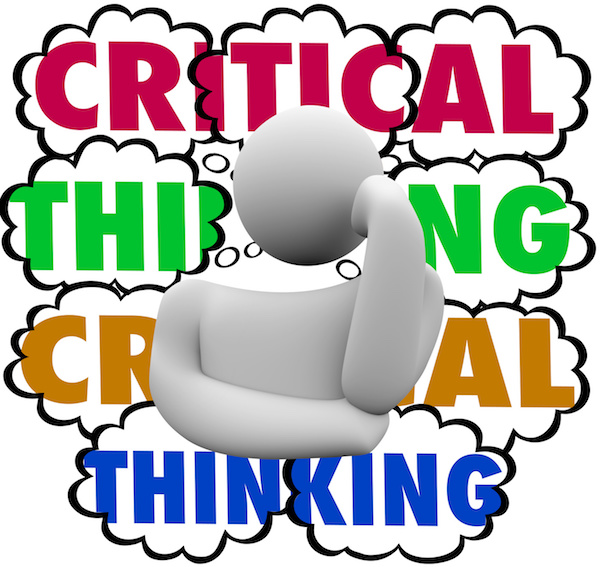Critical Thinking Important

Critical thinking is essential for a variety of reasons across many aspects of life, including personal, academic, professional, and societal realms. Here are some key reasons why critical thinking is important:
Problem-Solving: Critical thinking enables individuals to analyze complex situations, identify underlying issues, and develop effective solutions. It encourages the exploration of multiple perspectives and creative approaches to solving problems.
Decision Making: In both personal and professional contexts, critical thinking helps individuals make well-informed decisions by evaluating evidence, considering alternatives, and weighing the potential consequences of different choices.
Analytical Skills: Critical thinking enhances analytical skills by fostering the ability to examine information objectively, identify patterns, and draw logical conclusions. These skills are valuable in various fields, including science, mathematics, and technology.
Effective Communication: Individuals who engage in critical thinking are better able to articulate their ideas, express themselves clearly, and engage in constructive dialogue with others. They can effectively communicate their thoughts, opinions, and arguments while also listening attentively and considering opposing viewpoints.
Self-Reflection: Critical thinking encourages self-reflection and introspection, allowing individuals to evaluate their own beliefs, biases, and assumptions. It promotes intellectual humility and openness to learning, fostering personal growth and development.
Innovation and Creativity: Critical thinking stimulates innovation and creativity by encouraging individuals to think outside the box, challenge conventional wisdom, and explore new possibilities. It fuels curiosity and a willingness to explore diverse perspectives and ideas.
Resilience and Adaptability: Critical thinking equips individuals with the skills needed to navigate change, uncertainty, and adversity effectively. It promotes adaptability by fostering the ability to assess situations objectively, identify opportunities for growth, and adjust strategies as needed.
Citizenship and Democracy: In democratic societies, critical thinking is essential for informed citizenship. It enables individuals to evaluate political issues, assess the credibility of sources, and make informed decisions when voting or participating in civic engagement activities.
Professional Success: Employers value critical thinking skills in the workplace because they contribute to effective problem-solving, decision-making, innovation, and collaboration. Employees who demonstrate strong critical thinking abilities are better equipped to succeed in their roles and contribute to organizational success.
Continuous Learning: Critical thinking is foundational to lifelong learning and intellectual curiosity. It encourages individuals to seek out new information, engage with diverse perspectives, and continually expand their knowledge and understanding of the world.
Overall, critical thinking is crucial for navigating the complexities of modern life, fostering intellectual growth, and promoting responsible citizenship and decision-making. It empowers individuals to approach challenges with clarity, creativity, and confidence, ultimately leading to more informed and effective outcomes.
Thank you,